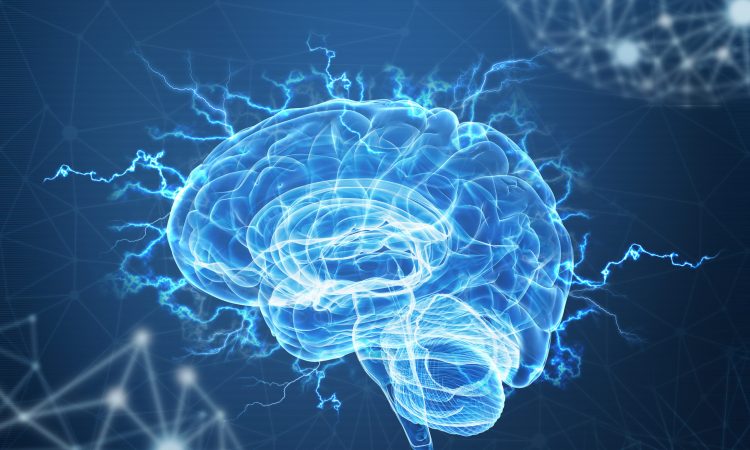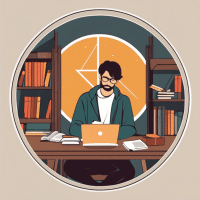
The moment a person walks off the street into a restaurant, for example, mentally triggers a new “chapter” of the day, which causes a major shift in brain activity. Why does the human brain divide the day into chapters and how does it do it?
These changes occur throughout the day as people encounter new environments, such as going out to lunch, attending a soccer game, or preparing for a night in front of the TV. But why those that we can understand and remember separately?
This is the question that a study published in the journal tried to answer.
The research team, led by Christopher Baldassano, associate professor of psychology, and Alexandra De Soares, a former member of his laboratory, obtained interesting results.
The human brain divides the day into chapters
The researchers wanted to better understand what causes the brain to draw a line between the events we encounter, registering them as a new “chapter” of the day. One possibility is that these new chapters are caused entirely by large changes in a person’s environment, such as when we walk into a restaurant, going from outside to inside.
Another possibility is that these new chapters are driven by internal scripts that our brains write based on past experiences, and that big changes in the environment might be ignored by the brain if they are not relevant to our current priorities and goals.
To test their hypothesis, the researchers developed a set of 16 audio narrations, each lasting about 3-4 minutes. Each narrative took place in one of four locations (a restaurant, an airport, a grocery store, and a classroom) and dealt with one of four social situations (a breakup, a marriage proposal, a business deal, and a romantic date), .
What exactly influences these chapters?
Researchers have found that the way the human brain divides the day into chapters depends on what is important to the person at that moment and what they are paying attention to. For example, when listening to a story about a proposal in a restaurant, the participants’ prefrontal cortex typically organized the story according to events related to the proposal, culminating in the final “yes.”
But the researchers found that they could influence how the prefrontal cortex organized the story by asking participants to focus on details related to the couple. For participants who were trained to focus on these details, moments like ordering food became essential chapters of the story.
“We wanted to test the theory that the sudden changes in brain activity when we start a new chapter of the day are only caused by sudden changes in the world, that the brain doesn’t do anything interesting when it creates new chapters, it just passively responds to the changes of sensory inputs,” Baldassano said.
“Our research has shown that this is not the case: the brain actively organizes our life experiences into fragments that are meaningful to us,” explains the researcher.
Attention to details!
The researchers measured where the brain was creating new chapters both by examining MRI scans to identify new brain activity and by asking another group of participants to press a button to indicate when they thought a new part of the story was beginning.
The scientists found that the brain divided the stories into separate chapters based on the perspective the participants were paying attention to, and not just in the restaurant proposal scenario: a person hearing a story about her could, if prompted to pay attention to details related to the airport experience, to record new chapters as he passed through security and reached the gate.
These findings suggest that the details participants were instructed to pay attention to influenced what their brains perceived as a new chapter in the story.
Understanding how the human brain divides the day into chapters, a soul project
Next, the researchers hope to investigate the impact that expectations have on long-term memory. Part of this study included asking each participant to tell what they remembered about each story. The researchers are still in the process of analyzing the data to understand how the perspective the participants were asked to adopt while listening to the story changes how they remember that story.
This study is part of an ongoing effort in the field to build a comprehensive theory of how real-life experiences are partitioned into event memories. The results suggest that prior knowledge and expectations are a key ingredient in how this cognitive system works.
Baldassano described this study as a soul project.
“Tracking patterns of brain activity over time is a big challenge that requires the use of complex analysis tools. Using meaningful stories and mathematical models to discover something new about cognition is exactly the kind of unconventional research in my lab that I am most proud and excited about,” he said.

